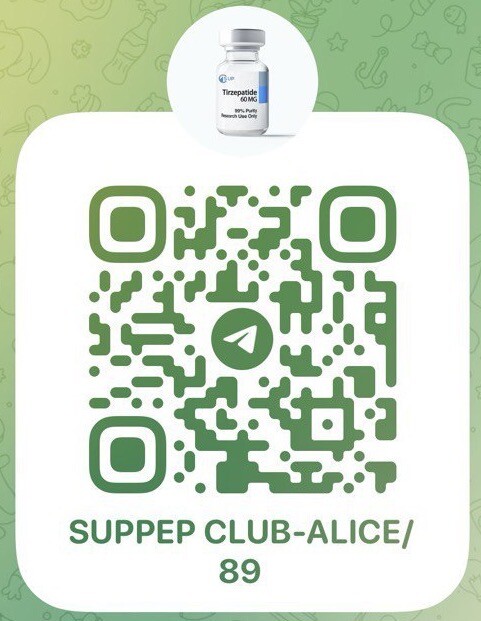SEARCH
MESSAGE
How to Assess If a Peptide Factory’s Production Capacity Matches Your Needs?

If you’re sourcing peptides for your business—whether for large-scale supplement production, specialized skincare lines, or research batches—you might ask: How do I make sure a peptide factory’s production capacity aligns with my current and future needs? Choosing a peptide factory with mismatched capacity can lead to delays, wasted costs, or unmet market demand. Let’s break down the key steps to evaluate capacity effectively.
First, clarify your own capacity requirements first before approaching a peptide factory. Calculate your current monthly/quarterly peptide needs (e.g., 200kg of collagen peptides for supplements) and project future growth (e.g., 50% increase in 6 months due to new product launches). Note any special requirements, like small-batch runs (for testing new peptide formulas) or large-scale production (for mass-market products). This clarity helps you ask targeted questions to the peptide factory and avoid settling for a partner that can’t keep up. For example, if you need frequent small batches (10-20kg each), a factory focused solely on 1-ton+ orders will struggle to meet your flexibility needs.
Second, ask the peptide factory for detailed production capacity data. Don’t just accept vague claims like “we can handle large orders”—request specific numbers, such as: What’s their maximum monthly output for your target peptide type? How many batches can they produce per week? What’s the lead time for a standard order (e.g., 300kg) vs. a rush order? A reliable peptide factory will share this info openly, often with supporting documents like production schedules or facility layouts. For instance, a factory with 5 dedicated synthesis lines for your peptide type may have a higher weekly capacity than one with only 2 lines.
Third, evaluate their ability to handle your peptide’s complexity. Capacity isn’t just about quantity—it also includes technical capability to produce your specific peptide. If you need a custom peptide with a unique sequence (e.g., for research) or specialized processing (e.g., freeze-drying for powdered peptides), ask the factory if they have experience with that complexity. For example, a peptide factory that primarily produces common collagen peptides may lack the equipment or expertise to synthesize a rare research-grade peptide. Ask for case studies or sample records of similar peptides they’ve produced—this proves they can deliver both quantity and quality for your specific needs.
Another key check is assessing their raw material supply chain resilience. A peptide factory’s capacity means nothing if they can’t source enough high-quality raw materials (like amino acids) to keep production running. Ask about their raw material suppliers: Do they have multiple vendors to avoid shortages? What’s their stockpiling strategy for critical ingredients? For example, a factory with 3 approved suppliers for a key amino acid is less likely to face delays than one dependent on a single vendor. This ensures the factory can maintain consistent output even if one supplier has issues.
Finally, test capacity with a realistic order before committing long-term. After initial discussions, place an order that’s slightly above your current needs (e.g., 250kg instead of 200kg) to see how the peptide factory handles it. Did they meet the agreed delivery date? Was the quality consistent across the entire batch? Did they communicate proactively if there were minor delays? A smooth test run confirms their capacity matches your needs, while issues (like missed deadlines or uneven quality in a larger batch) signal potential risks.
In short, assessing a peptide factory’s capacity requires clarity on your own needs, asking for specific data, checking technical fit, evaluating raw material resilience, and testing with a real order. By following these steps, you’ll choose a peptide factory that can grow with your business and keep your supply chain stable.

